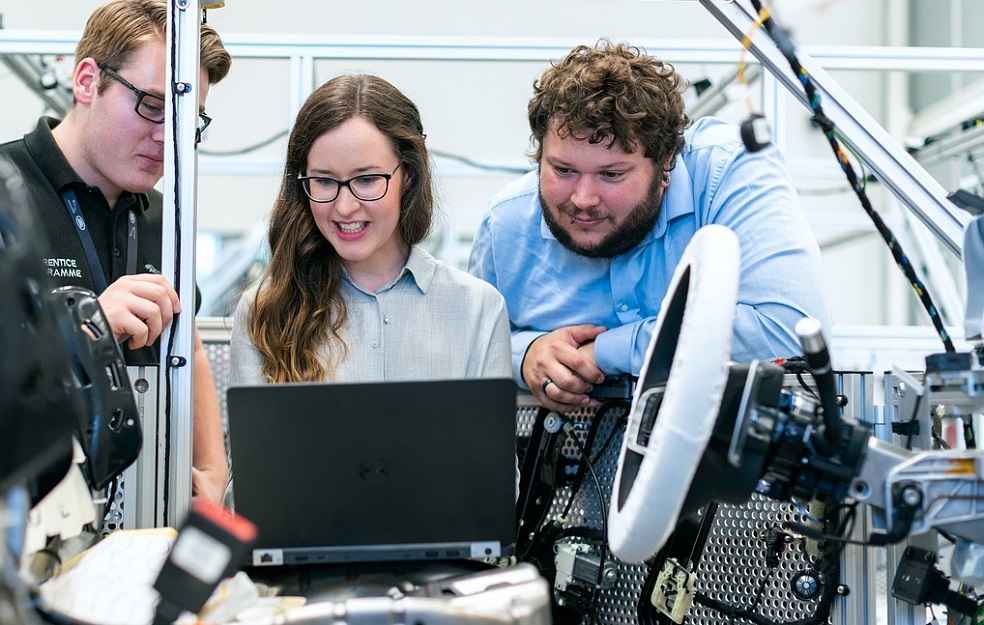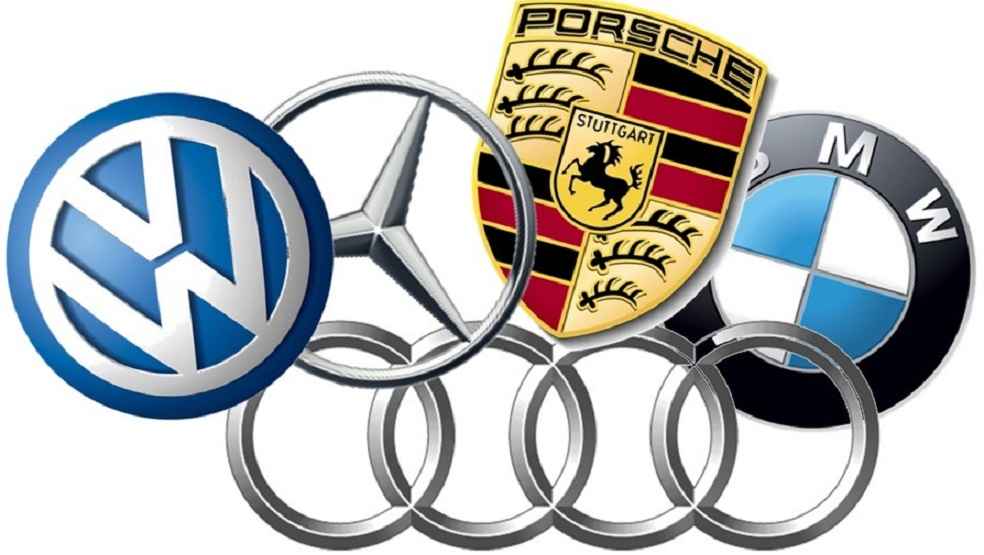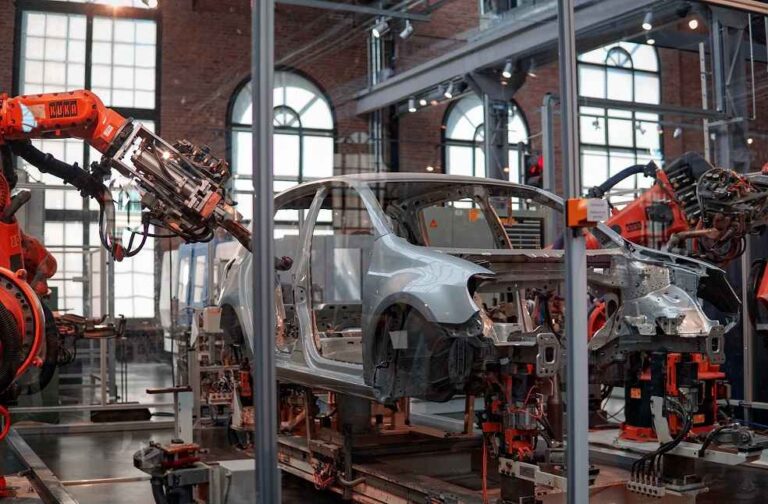Germany, long viewed as a powerhouse of automotive manufacturing, finds itself grappling with an uncertain future. A recent survey by the German Association of Engineers (VDI) reveals a troubling trend – the majority of Germans no longer believe their country will remain a leading car manufacturing hub in the years to come.
This shift in public sentiment has been brewing in the face of developments that challenge Germany’s auto industry dominance. Notably, last October, German rental car company Sixt announced a long-term deal with Chinese carmaker BYD rather than a domestic or European manufacturer. This agreement included the purchase of 100,000 electric cars, underscoring a key market shift from combustion to electric vehicles.

Furthermore, news of Chinese auto giants BYD and NIO making significant inroads into European markets is raising questions about the competitiveness of German manufacturers. The rising market shares of these new entrants have sparked alarm, as evidenced by headlines in Germany’s largest tabloid, BILD, proclaiming, “Chinese cars are flooding Europe.”
The concern extends beyond Europe. At the Shanghai motor show, it was revealed that none of the top ten electric models sold in China, the world’s biggest car market, are from German manufacturers. While the German car industry still claims a 19% market share in China, this falls drastically to 5% for electric vehicles.
These trends help explain why 55% of respondents in the VDI survey expressed doubts that the best cars will still hail from Germany in 10 or 15 years. Only 12% firmly believed in Germany’s continued automotive superiority, and 33% expressed cautious optimism.

The future of German automaking is further complicated by geopolitical factors and foreign policies. The escalating situation in Ukraine has strained Germany’s Russia-dependent energy policy, with repercussions on energy costs vital to manufacturing. Moreover, China’s robust state support for its burgeoning EV industry and the US’s aggressive EV subsidies threaten Germany’s position.
The Inflation Reduction Act in the U.S., which offers tax credits incentivizing the assembly of battery cells and packs, is a case in point. This policy could potentially make the U.S. the most profitable location worldwide for EV production. There are increasing calls for Germany and the European Union to adopt similar measures, but these may face political headwinds.

Regardless, the German auto industry’s response is critical, as it employs around 786,000 people and contributes significantly to the country’s economy. German carmakers Volkswagen, Mercedes-Benz, and BMW are pivoting towards electric mobility with new battery-powered models. However, they need to convince their customers about the benefits of this shift, solve supply chain issues, and mitigate software challenges to compete effectively with frontrunners like Tesla and BYD.
There’s no doubt that the stakes are high for Germany. The country’s future as an industrial powerhouse hinges on its capacity to adapt and innovate amidst these global shifts. The German auto industry must prove it can successfully navigate this changing landscape to maintain its standing in the global auto industry. The path forward is complex but by no means impossible, and it will require the combined efforts of industry leaders, engineers, and policymakers to secure Germany’s position in the future of automaking.
TRENDING: Ford Appeals for Extended Post-Brexit Trade Rules to Safeguard UK’s EV Future





